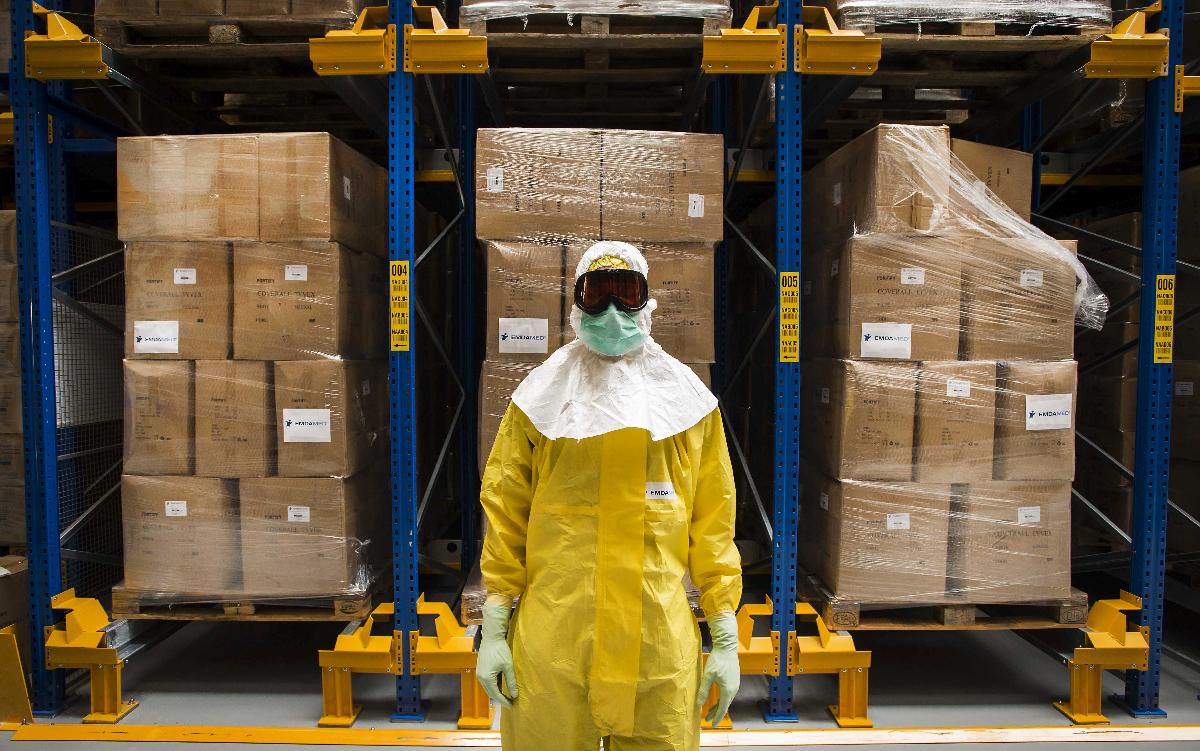
Minister of Health assured that the Slovenian healthcare system is well prepared for the eventuality of ebola.
Minister of Health Milojka Kolar Celarc at the emergency session called by Jernej Vrtovec, MP from NSi Party, explained to the members of the national assembly health committee that all the providers envisaged for transport and treatment of potential patients infected with ebola (namely four rescue services, and the Clinic for Infectious Disesases of the University Medical Centre Ljubljana) have all the necessary equipment. The other health care service providers are also equipped with adequate protective equipment for infectious diseases, and in certain cases additional protective equipment is being supplemented.
The coordination group for preparedness for possible occurrence of ebola prepared the cover plan for response in such situations, foreseeing all the measures in order to prevent the recurrence of the event at Ravne na Koroškem, when communication noise occurred between the police officers who had apprehended the Nigerian defector suspected of being infected by ebola, and the medical staff of the Ravne Community Health Centre.
Franc Strle, Principal of the Ljubljana Clinic of Infectious Diseases, in charge of treatment of patients possibly infected with ebola, explained to the members of the health committee that a certain amount of fear by medical staff when treating a patient with ebola is completely normal. "Obviously nobody would wish for such patients, but panic must be avoided," he explained.
Strle emphasized the good preparedness of the clinic for recognition of patients with ebola, and for their treatment. In his opinion we have now the opportunity to improve hospital hygiene in all hospitals, which would also improve our future preparedness for infectious diseases.
He warned however that no level of preparedness can assure 100 percent safety against spread of disease. Protection equipment so often discussed in reference to ebola is only one segment for protection against the disease. Medical staff must also be familiar with its correct use.
Alenka Kraigher, Principal of the Centre of the Infectious Diseases at the National Institute of Public Health, explained that doctors and medical staff had received already in July information explaining transmission of ebola, main characteristics of the disease, how to recognize it, and how to prevent spread of the disease. They maintain contact with relevant European institutions, consequently all the novelties and protocols harmonized at the EU level are followed here as well.
G. C.
Translated by G. K.

































































